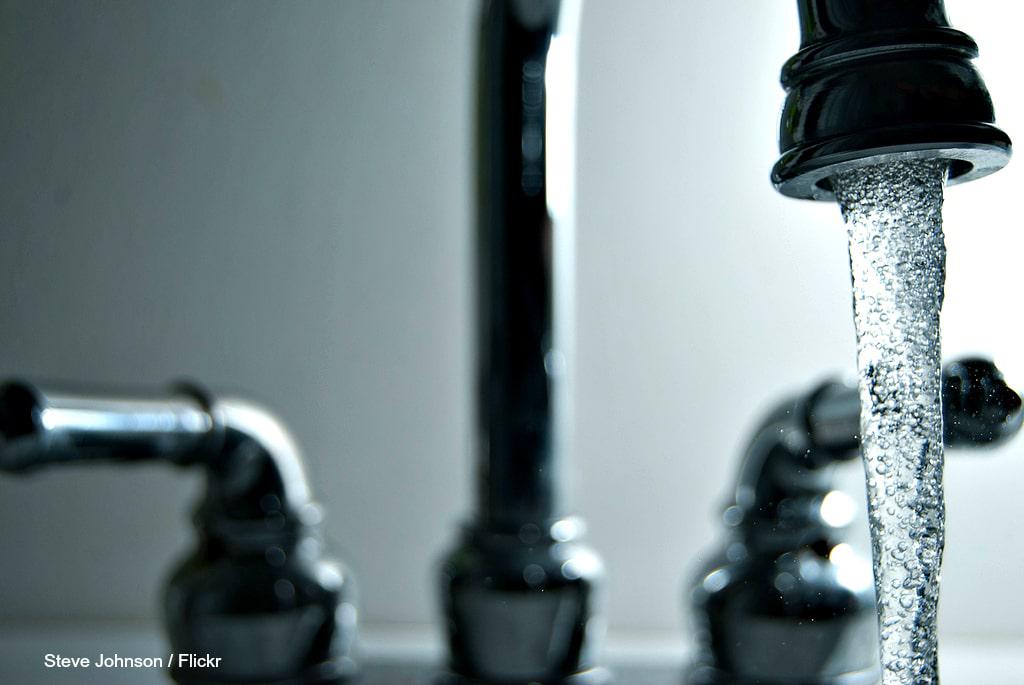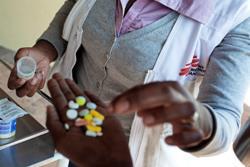Municipality installs pump but community can’t foot electrical bill


In mid-October the small community outside Amsterdam allegedly went a week without water.
This was allegedly after community members were told by their local counsellor that each household would have to contribute R2 to keep an electrical pump supplying the community with water. They claim that no announcement was made and that the municipality did not provide them with water trucks during the stoppage.
Nomvula Ngwenya is living with HIV and says she was forced to buy clean water or gamble with her health.
“Because of my HIV status I had no choice, I had to buy clean water,” she told OurHealth. “I can’t continue to compromise my immune system by using stream water because it causes my diarrhea.”
Recently giving birth to a baby boy, Ngwenya said she chose to move back home where she felt sure to access clean water rather than risk her infant’s health in Vezinyawo.
However, many others had no where else to go
“Our community didn’t have any choice other than to use stream water,” said resident Sphiwe Dlamini. “We shared the water with animals and it’s not healthy…we continued using (the water) even when it smelled of cow dung and other animals’ faeces.”
But Ward Councillor Eric Phakathi denied allegations that community members have been asked to pay for the electricity to keep the pump running.
“I never told any person to contribute any money to buy electricity, but I was told by ward committee that some of the community members suggested to collect R50.00 every month to buy the electricity,” he said. “I haven’t meet with the community (so) I can’t say it happened”.
He added that he had used his personal money to buy electricity after also fundraising among local Amsterdam businesses.
“Their problem affected me as well, which is why I have pleaded with our local municipality to assist us and give the community a petty cash of R200,00 to buy electricity,” he said. “I wasn’t told that (the community) didn’t have water but the minute I was informed I personally took my money and drove to Piet Retief to buy the electricity.”
“The problem was resolved and now the community has clean water as we speak,” he added.
Read more stories from Health-e News’ water investigation:
- Water trucks take over as communities run dry
- Residents left to plead for water at school gates
- Dirty water deliveries for Limpopo villages
- R300 million slated to improve Madibeng Municipal water
- Water crisis looms in Kestell, Free State
- Water shortage sparks diarrhoea cases
- Bethlehem informal residents beg water off neighbours
- Tshwane communities survive on a trickle of water
Author
Republish this article
This work is licensed under a Creative Commons Attribution-NoDerivatives 4.0 International License.
Unless otherwise noted, you can republish our articles for free under a Creative Commons license. Here’s what you need to know:
You have to credit Health-e News. In the byline, we prefer “Author Name, Publication.” At the top of the text of your story, include a line that reads: “This story was originally published by Health-e News.” You must link the word “Health-e News” to the original URL of the story.
You must include all of the links from our story, including our newsletter sign up link.
If you use canonical metadata, please use the Health-e News URL. For more information about canonical metadata, click here.
You can’t edit our material, except to reflect relative changes in time, location and editorial style. (For example, “yesterday” can be changed to “last week”)
You have no rights to sell, license, syndicate, or otherwise represent yourself as the authorized owner of our material to any third parties. This means that you cannot actively publish or submit our work for syndication to third party platforms or apps like Apple News or Google News. Health-e News understands that publishers cannot fully control when certain third parties automatically summarise or crawl content from publishers’ own sites.
You can’t republish our material wholesale, or automatically; you need to select stories to be republished individually.
If you share republished stories on social media, we’d appreciate being tagged in your posts. You can find us on Twitter @HealthENews, Instagram @healthenews, and Facebook Health-e News Service.
You can grab HTML code for our stories easily. Click on the Creative Commons logo on our stories. You’ll find it with the other share buttons.
If you have any other questions, contact info@health-e.org.za.
Municipality installs pump but community can’t foot electrical bill
by cynthiamaseko, Health-e News
December 15, 2014



